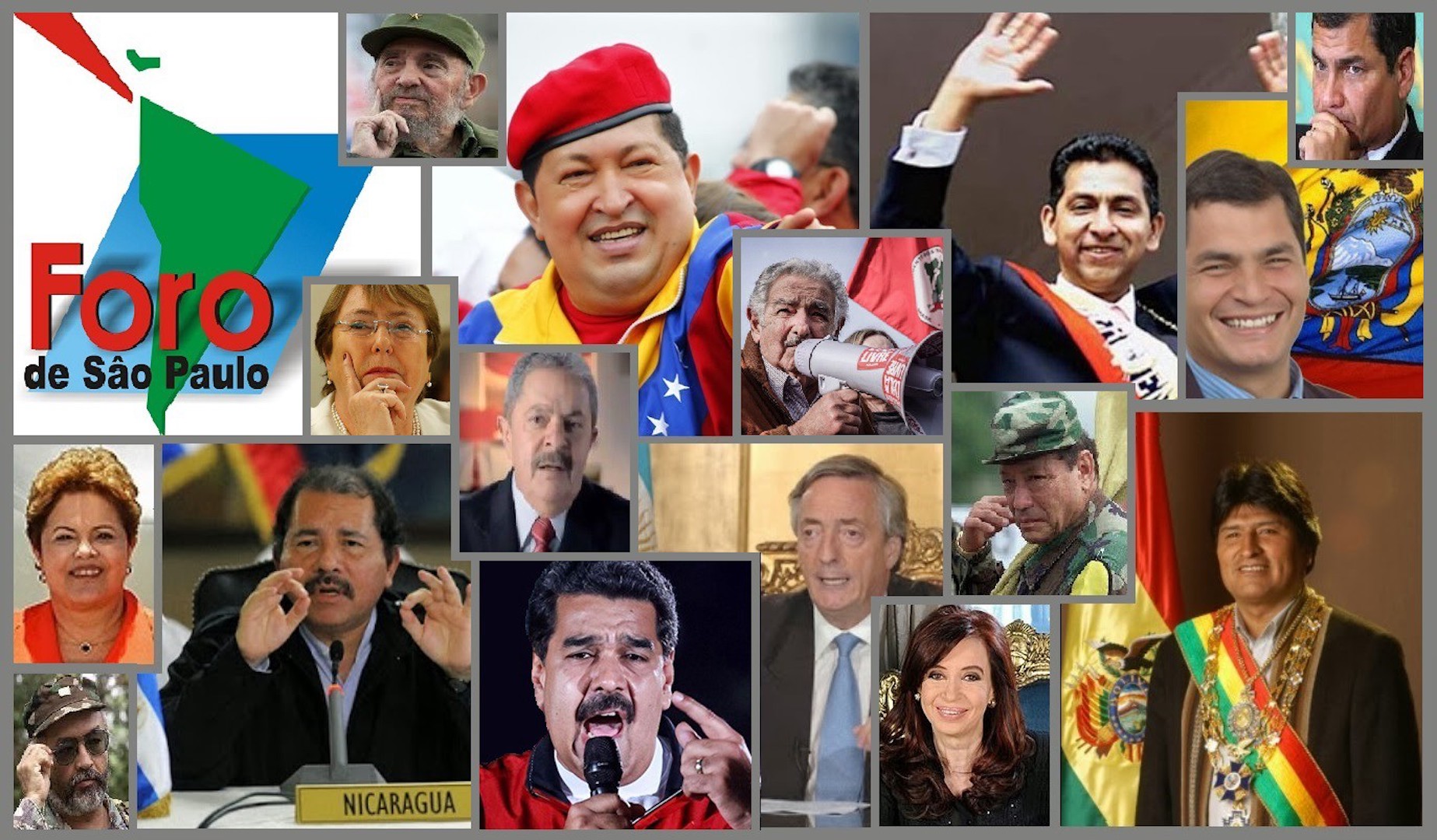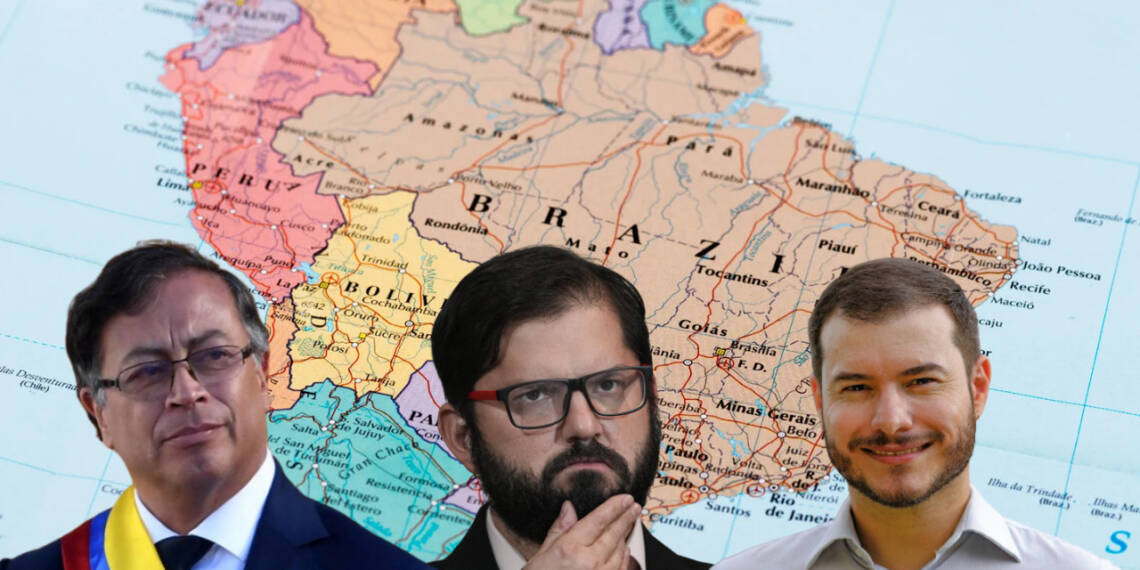The political landscape in Latin America is changing once again, and not for the better. A new network of leftist parties called Rede Futuro is set to be founded next weekend in Santiago, Chile, with the aim of being a discussion forum for progressives.
But what exactly is being plotted, and what will happen as a result? Let’s find out.
Rede Futuro, a new discussion forum for progressives, will be established by PSOL (Partido Socialismo e Liberdade) and other leftist parties in South America during the upcoming weekend.
The event, named “Construir Futuro”, will occur in Santiago, Chile from April 7th to April 9th. At the meeting, the group’s board of directors and general operating guidelines will be defined.
Firstly, it’s important to understand the context of this new network. The network, in practice, will serve as a contrasting entity to the Sao Paulo Forum. Sao Paulo forum, established in 1990, unites 123 left-wing parties from 27 nations in Latin America and the Caribbean.
Sao Paulo forum’s main objective is to provide a space for dialogue and cooperation between progressive political parties and social movements to strengthen democracy, sovereignty, and social justice in the region.
The forum serves as a platform for the exchange of ideas, strategies, and experiences among left-wing groups and promotes solidarity among them. It has been instrumental in fostering political alliances and supporting leftist governments and movements in the region, such as the Workers’ Party in Brazil, the Bolivarian Revolution in Venezuela, and the Sandinista government in Nicaragua.

Also Read: What Africa and some parts of Latin America can learn from Nicaragua
However, this new network “Rede Futuro” aims to be a counterpoint to the São Paulo Forum, as there is growing discontent with its leadership and direction.
Rede Futuro will focus on issues such as the climate crisis, feminism, and human rights. This is in contrast to the São Paulo Forum’s focus on anti-imperialism, anti-capitalism, and socialism.
However, there is nothing wrong with Rede Futuro’s direction but skipping what concerns the continent most is distressing. Plus, the coming together of characters like Chile’s President Gabriel Boric and Colombian President, Gusatvo Petro, is strange.
Both are very peculiar characters. Boric presents himself as above the left-right division that exists in Latin America. Boric identifies himself with progressive forces and processes, basically echoing whatever comes from the West and United States.
He has supported Ukraine in the ongoing war which is in contrast to any of the governments in Latin America, who have asked both Russia and Ukraine for peace and negotiations. Further, he has also criticized Venezuela and Nicaragua in the lines of the West. However, he has not spoken out against repression in Ecuador and Peru.
Also Read: How South America can systematically use its water bodies to turn it into a logistical giant
Colombian President Gustavo Petro has’t outrightly portrayed traits like Boric. However, it won’t be far-fetched to say that something of similar sort may happen soon.
Plus, the invitation to Brazil’s PSOL (Partido Socialismo e Liberdade) raises questions on the motives of the meet. Brazil will have four participants in the new network, including Juliano Medeiros, the president of PSOL, and federal deputies Ana Pimentel, Célia Xakriabá, and Guilherme Boulos, all from PSOL.

Analysts say that this may be an attempt to undermine Brazil’s Lula da Silva whose party is actually seen as the progressives of its country. This may lead Chile and Columbia to speak out against Lula in the future.
The leaders of Rede Futuro have emphasized that their goal is to bring new ideas to the table and work together to create a better future for all Latin Americans. However, some critics see the network as a way for leftist parties to consolidate power and undermine democratic institutions.
In conclusion, the founding of Rede Futuro next weekend is a significant event for Latin America. It represents a shift in the political landscape, with the emergence of a new network of leftist parties that aims to be a counterpoint to the São Paulo Forum.
While their goals of addressing issues such as the climate crisis and human rights are laudable, there are concerns about their potential impact on democracy and the economy. Therefore, only time will tell what the future holds for Latin America, but one thing is clear: the three amigos are plotting Latin America’s downfall.
https://www.youtube.com/watch?v=oHZDgbd9YRo








